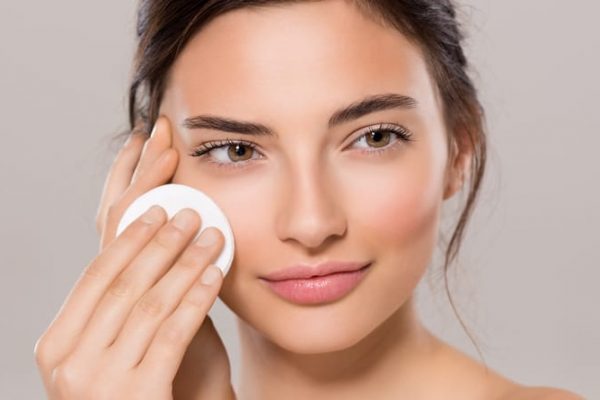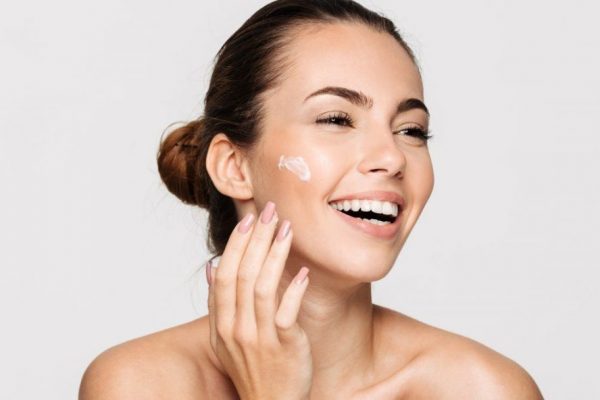There is no doubt that the foods you eat have a significant impact on your overall health. But many people don’t realize that what they eat can also significantly impact their skin tone and complexion. A poor diet can lead to dry, dull skin and may even contribute to the development of acne or other skin problems. So if you’re looking for brighter, healthier-looking skin, focus on eating healthy foods.
The link between diet and skin health
Surprisingly, the relationship between diet and skin health is not as well understood as it should be. While we all know that what we eat can affect our overall health, few people realize that diet can directly impact skin health.
Diet can influence skin health in a variety of ways. First, specific nutrient deficiencies can lead to problems like dryness, wrinkles, and dullness. Eating a balanced diet with plenty of essential vitamins and minerals is vital for keeping your skin looking its best.
Second, the severity of certain skin conditions like acne or psoriasis may be linked to dietary habits. For example, studies have shown that people who consume a lot of processed foods or dairy are more likely to suffer acne. On the other hand, people who consume a lot of omega-3 fatty acids are less likely to experience psoriasis flare-ups.
If you do happen to suffer from a skin condition, several topical treatments can help lessen the symptoms. For example, products containing retinoid or salicylic acid can effectively treat acne. And corticosteroid creams can provide relief from psoriasis flare-ups. Of course, everyone’s skin is different, so it’s important to experiment until you find a treatment that works for you. However, by following these simple tips, you can help to keep your skin healthy and looking its best.
The most damaging foods to your skin
Sugary and refined carbohydrate foods are some of the worst offenders regarding bad skin. These foods cause blood sugar levels to spike, stimulating insulin production and promoting inflammation throughout the body, including the skin.
Processed foods, deep-fried foods, and sugary snacks can all lead to breakouts, dull skin, and accelerated aging. Dairy products are another common culprit for bad skin: milk, cheese, and other dairy products.
Foods to eat for healthy skin
There are a few different things to eat for healthy skin; here are a few of the most important ones:
• Dark, leafy greens: Greens like spinach and kale are packed with antioxidants, which can help to protect your skin from sun damage. They’re also high in vitamins A and C, essential for healthy skin.
• Berries: Berries are another great source of antioxidants and vitamin C. They’re also a good source of fiber, which can help keep your gut healthy, and since 80% of your immune system is located in your gut, a healthy gut equals healthier skin.
• Omega-3 fatty acids: Omega-3 fatty acids are necessary for skin health.
Suggestions for a Healthy Diet
1. Focus on whole, unprocessed foods in your diet. Fruits, vegetables, whole grains, healthy fats, and proteins are examples of these. Sugar, salt, and unhealthy fats are commonly found in processed foods.
2. Consume more plant-based foods and fewer animal-based foods. They contain different nutrients that are essential for good health.
3. Focus on eating more plant-based foods and less animal-based foods. Plants are generally lower in calories and fat than animal products, and they contain essential fiber and nutrients that can promote good health.
4. Watch portion sizes. Even healthy foods can be high in calories if you overeat them. So please keep track of how much you’re eating and stick to it.
The Skin Advantages of a Healthy Diet
A healthy diet is essential for maintaining youthful and healthy skin. Foods high in antioxidants, such as berries, tomatoes, and dark leafy greens, can help protect your skin from sun damage. Omega-3 fatty acids can also help your skin stay hydrated and smooth.
In addition to a healthy diet, it is critical to drink plenty of water and exercise regularly.
Exercising improves circulation, which brings nutrients to the skin cells and aids in the removal of toxins.
It also promotes the production of collagen and elastin, which help keep the skin elastic and firm.
Conclusion
A nutritious diet is necessary for maintaining healthy skin. Consume an abundance of fruits, vegetables, and whole grains. It would be best to drink plenty of water and exercise regularly. Following these guidelines will assist you in keeping your skin looking young and healthy.




